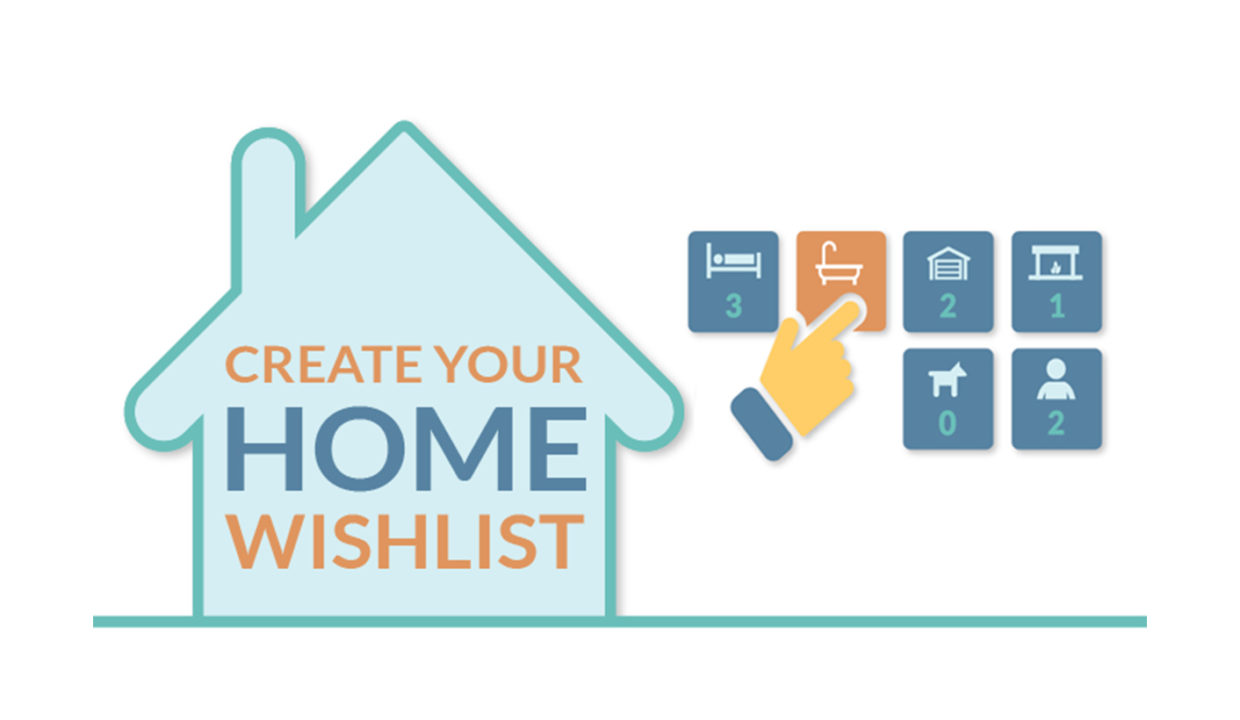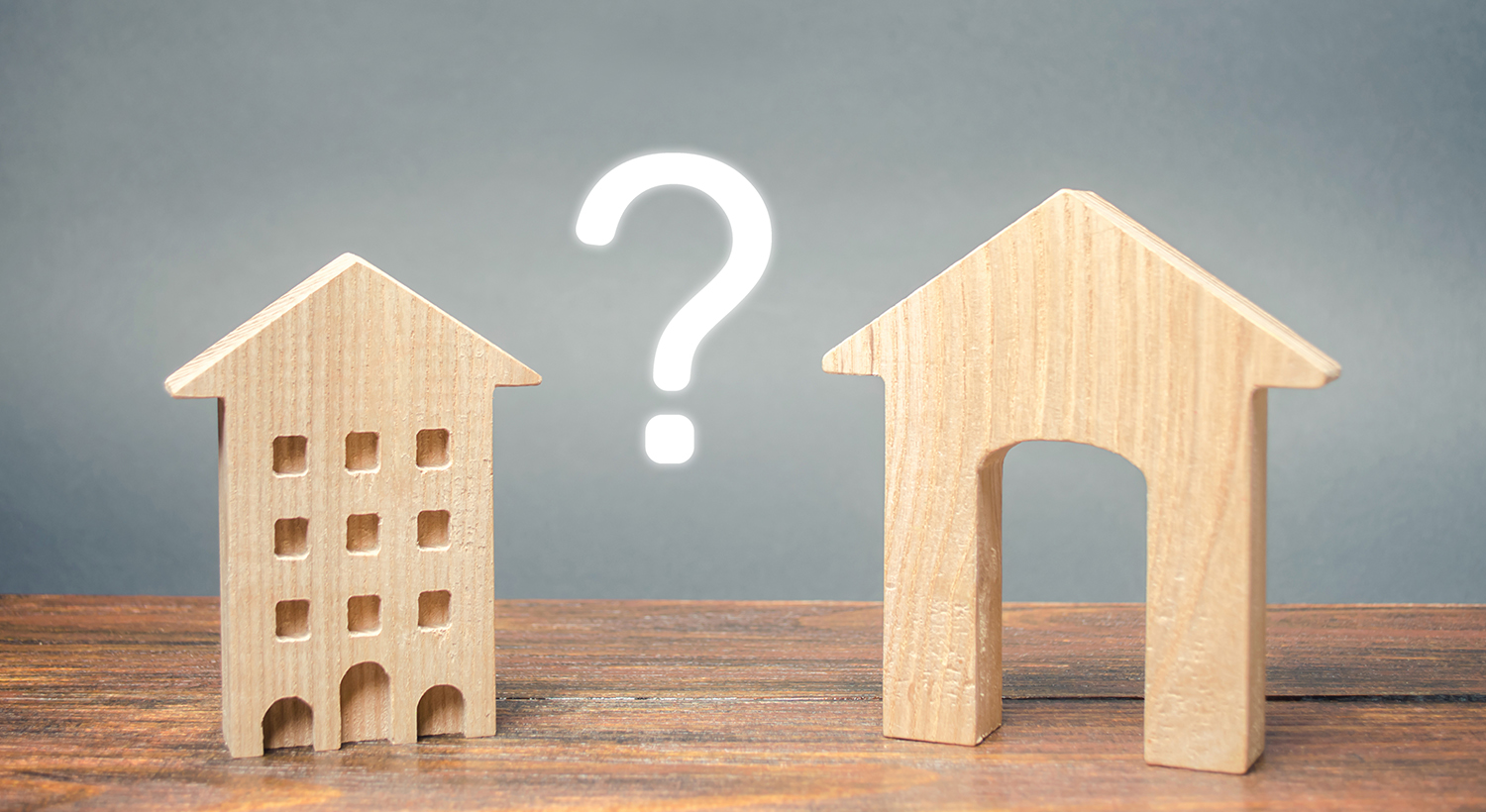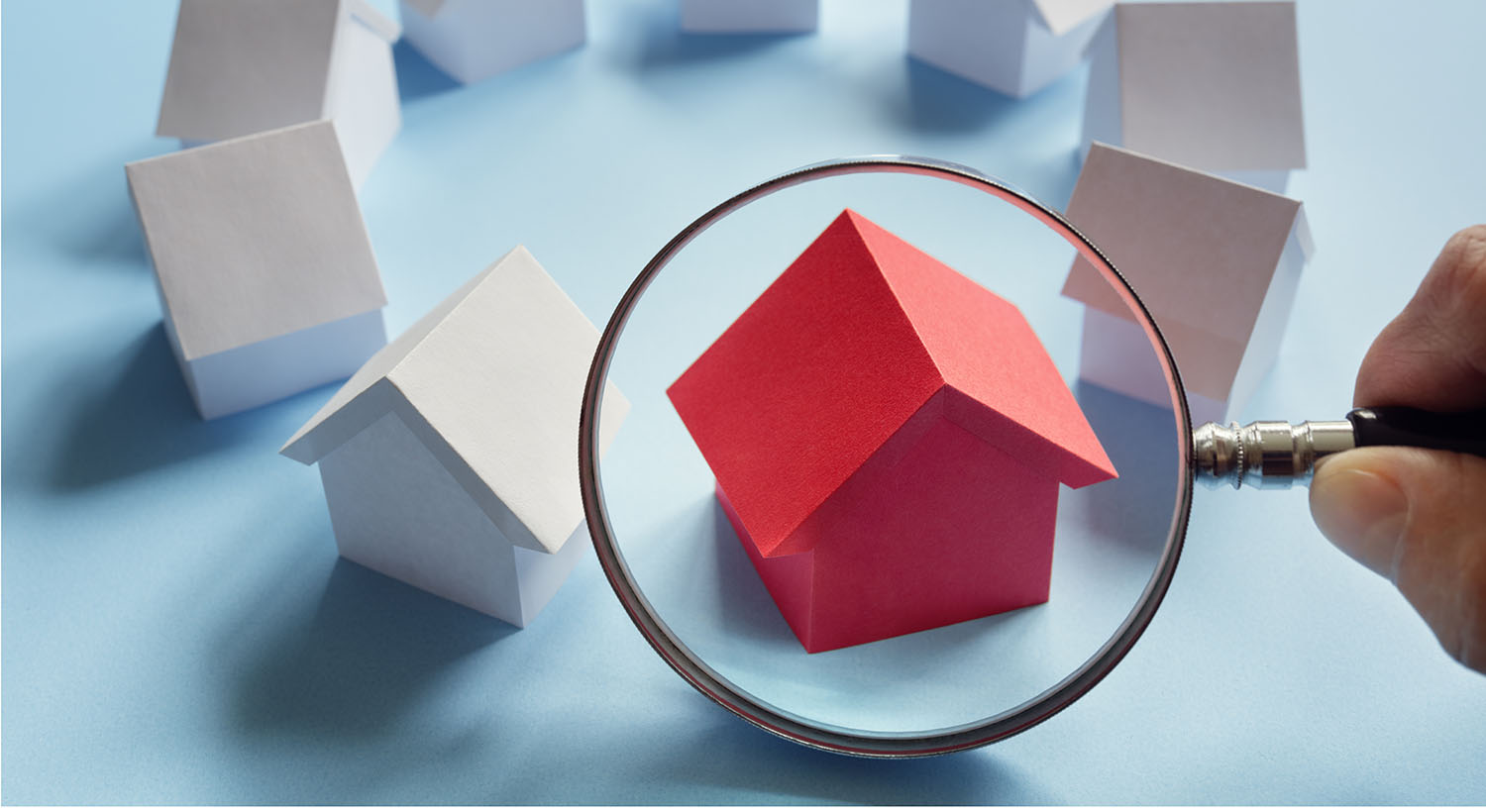
Now that you are financially ready to buy a home and want to start the property search, you should first assess your property needs by making a wish list. Ask yourself: What type of home am I looking to buy? Which area do I want to live in and why?
How to choose the best area to live in
When you buy a home you are also buying into the neighbourhood. Make sure it suits your lifestyle. That’s why it’s important to identify the wants and needs you have for your home and the location before making the commitment to homeownership. From crime rates to area amenities, there are many things that need to be considered. So begin by determining what’s most important to you as a homeowner in the long term.
Drawing up a list can be a good place to start and you can include the following factors as a starting point:
• Do you prefer a quiet suburb or a bustling central business district?
• Do you have the need for public transport?
• Do you need to be close to schools?
• Are you looking for an area with certain schools or places of worship?
• What amenities would you like to have close by (gyms, shopping malls, etc)?
• What is the ideal view you are looking for (beach, ocean, etc)?

What type of home are you looking for?
Once you have a list of preferred areas for your search, it’s time to decide the type of homes that you wish to view.
There are many homes on the market, so narrowing down your choices will help you simplify the search. First, look at the features of a home you want and then the type of home you want.
Features are aspects of a home you can’t live without, such as the bedroom count, security, off-street parking and outdoor areas. If your requirements might change in that time span, you should make sure your home will still be able to accommodate your needs.
Different types of Landownership to consider
Homes come in all shapes and sizes. But in The Gambia, it is all about the land your home is located on. Here is an overview of Landowner types you can find in the Gambia.
Freehold: The owner of a freehold property has full ownership of the property. This means that the owner can rent, sell and alter as they see fit.
Customary: The customary land tenure system is practised in the provincial areas. Historically, in this system, the first person to step foot on unclaimed land in the Gambia became the owner of that land. Consequently, the person who claimed the land became the de facto “Alkalo” and the regulator of the property. The land is then recognized as inheritance land, and can be passed on from generation to generation. Such land is generally used for subsistence farming for the family and tribal clan, and can be rented out to tenants.
99 year lease: This type of Lease is “an arrangement under which the landowner (in the Gambia this is the Government/Ministery of Lands) gives the land to someone else to use temporarily in return for a rent.” The land owned by the government of Gambia can be leased for a maximum of 99 years, according to the 1990 Lands Act.
With stipulations, the tenant pays rent to the government to live and uphold for the timeframe identified on the lease. The lease is prepared by the Department of Lands and Surveys, which falls under the Regional Administration and Lands. The Ministry of Local Government & Lands becomes the landlord of the premises by legally signing the lease. The administrative fees to transfer and register the land is given to the central government. The cost for each land transfer is dependent on the size of the land. Tenants must build on the land within two years from the initiation of the lease. The state has the power to repossess and reallocate land to another person if these conditions are not met.

Registering a home in your name
Once agreed with the seller on the sale, it’s time to start the ball rolling and get your property registered in your name. Although the property registration process may seem lengthy, the following steps will help you understand the process.
To start, the 5 key members needed to complete the process are:
- The Seller
- You, the Buyer
- An Attorney or Lawyer
- The Registrar of Deeds
- The Estate Agent or Buyers Agent is generally involved early on.
Preventing delays in the buying process
As noted previously, the entire registration process can be lengthy, so it’s best to be aware of certain factors that can cause delays in the property registration process. Improve the property transfer process by fulfilling all necessary requirements…
These factors include:
• The Seller or Buyer not providing all information • needed.
• The Buyer not paying a deposit.
• A delay in signing transfer documents by the Seller or the Buyer.
• Failure to provide rates to be paid.
Simplify property registration
Don’t let this process get in the way of you becoming a proud homeowner. Usually, you won’t have to do all the legwork; GamRealty can advise and will help with the property transfer process. After all, we are there to assist you!
We help you select all the Law firm or legal assistance Attorney and keep you updated on the progress of the transfer. They will guide you around what information to submit and will explain the legal jargon throughout the process. Make sure you understand everything before signing on the dotted line.
It’s that easy.
GamRealty is there to help and support you.



